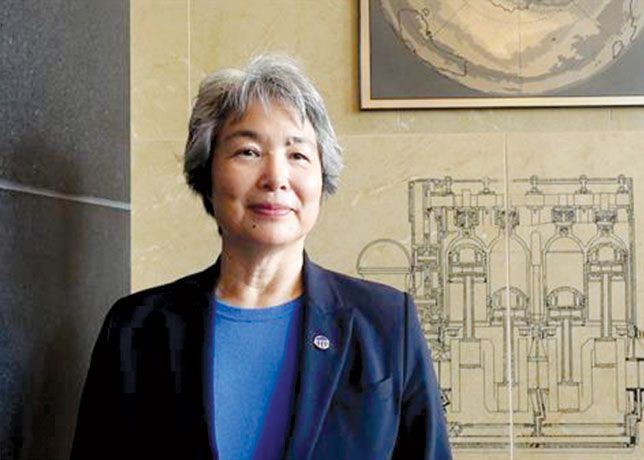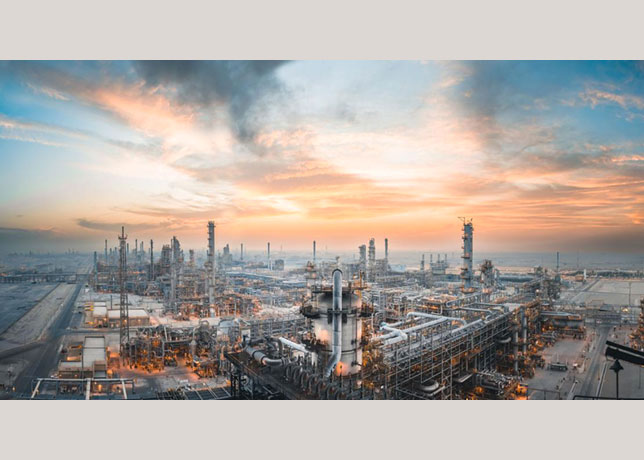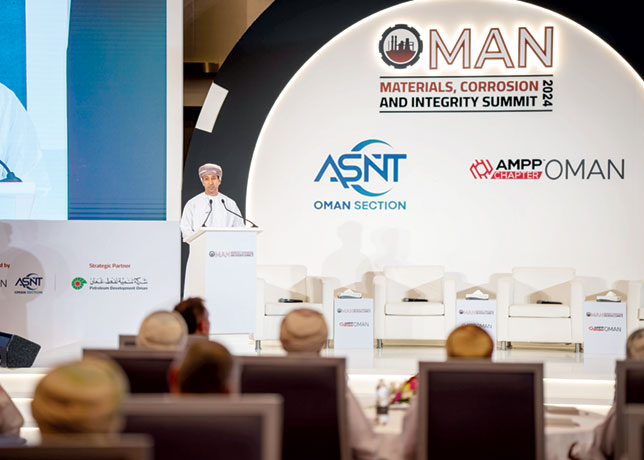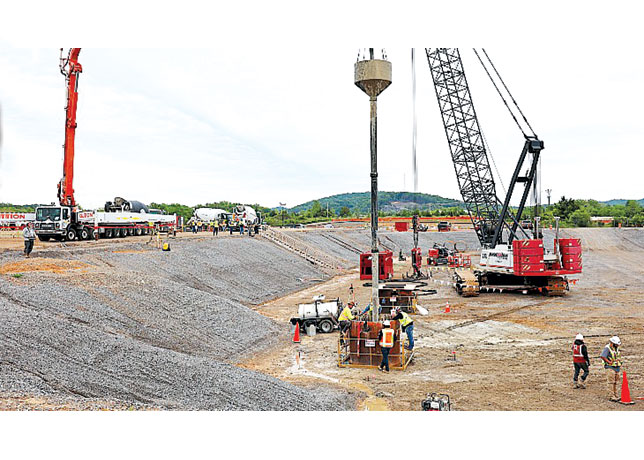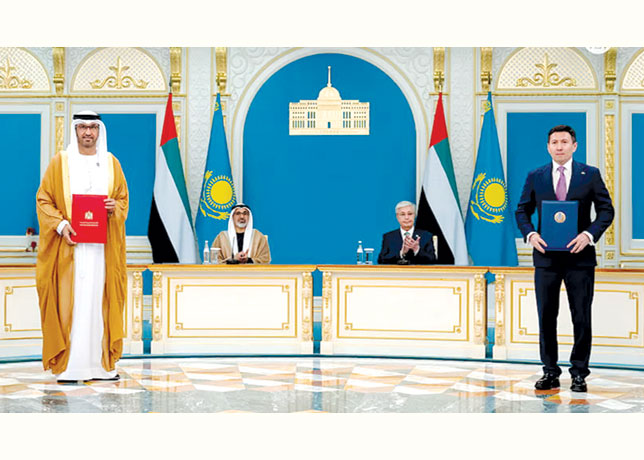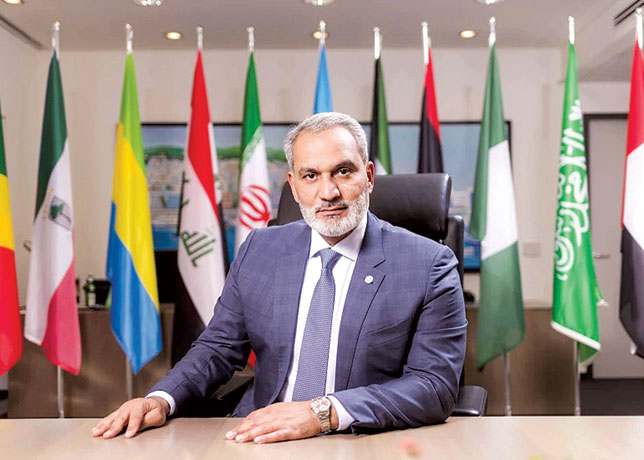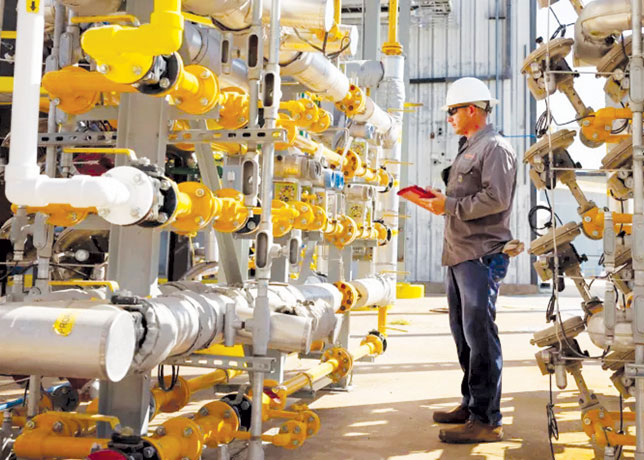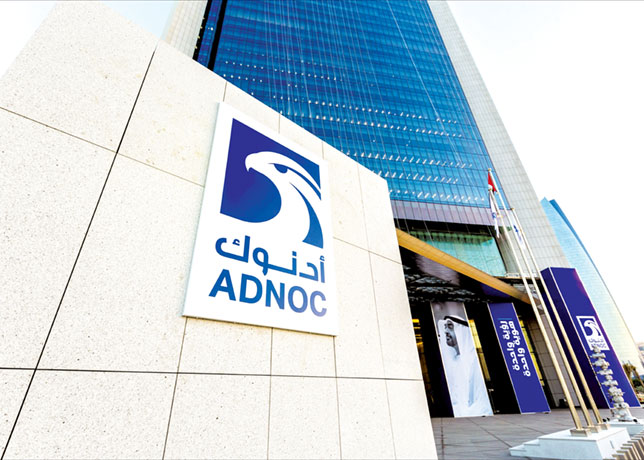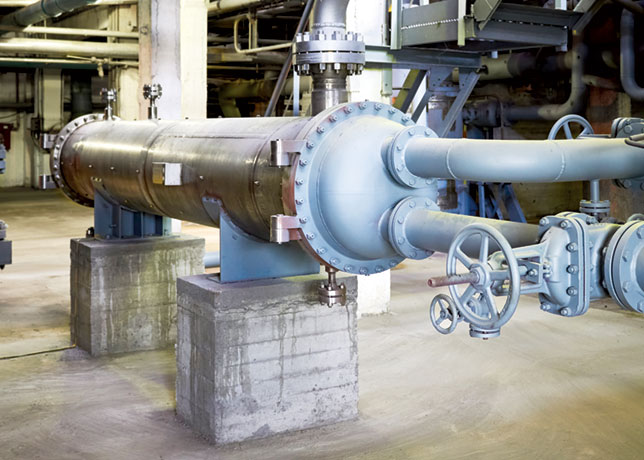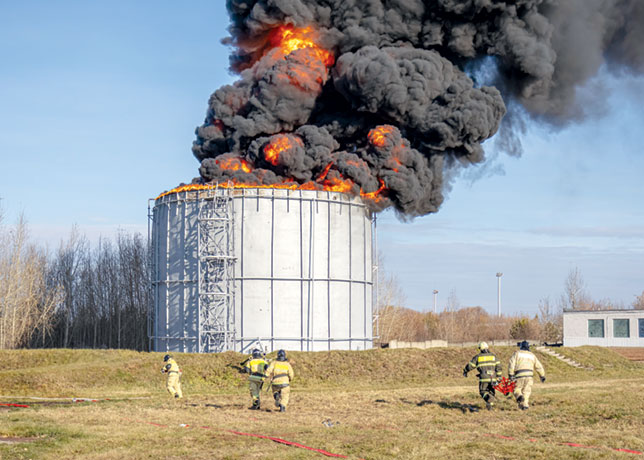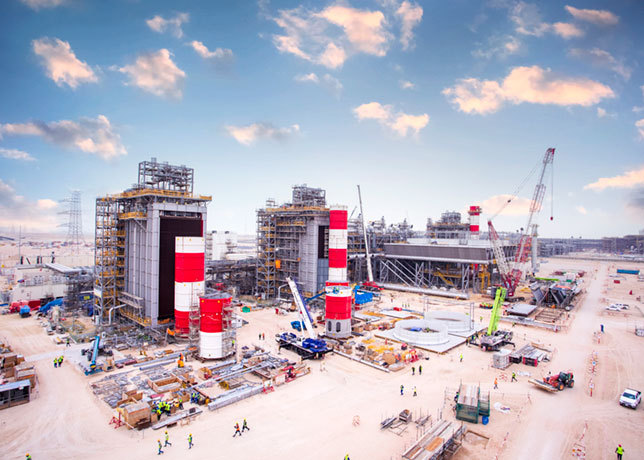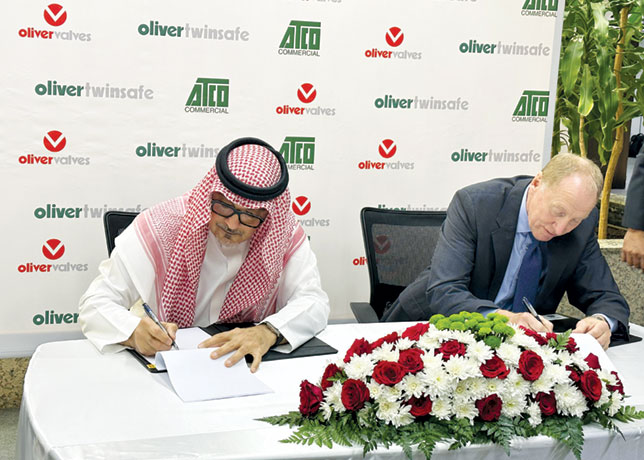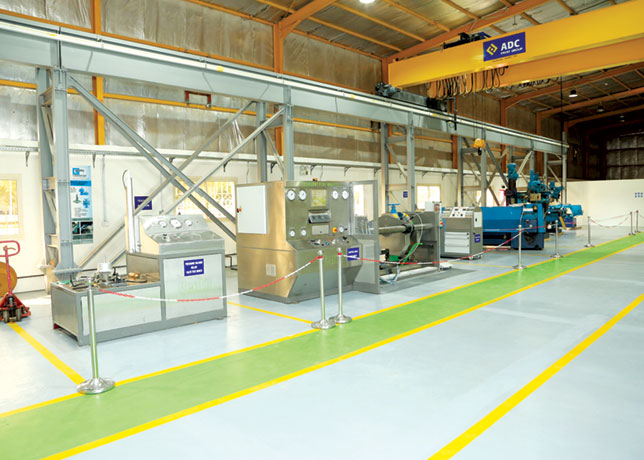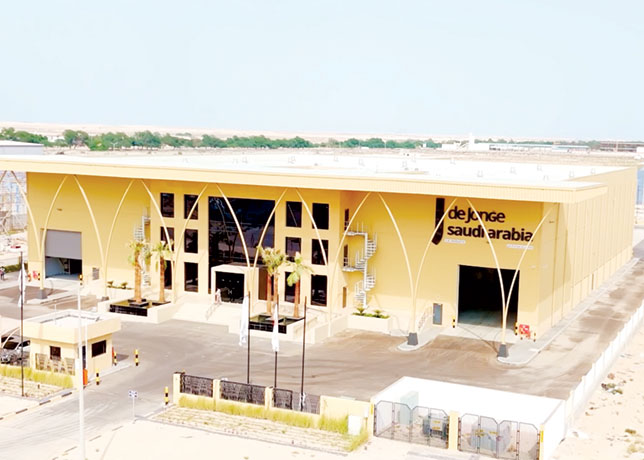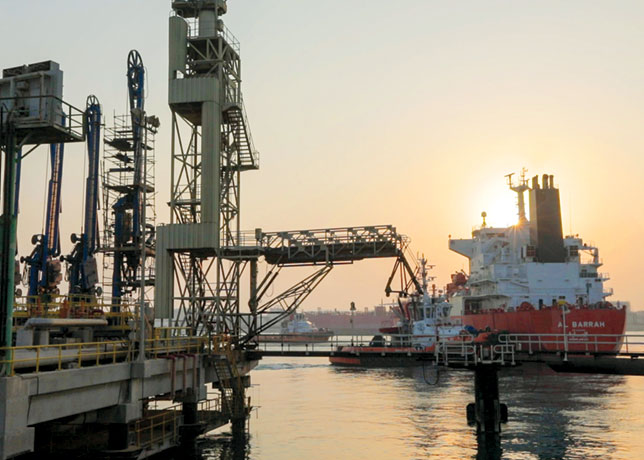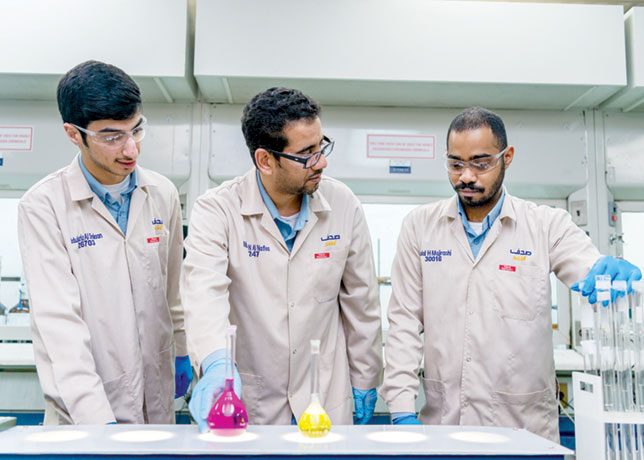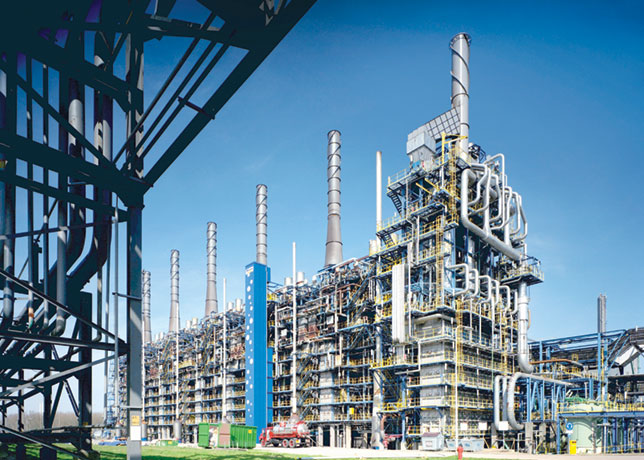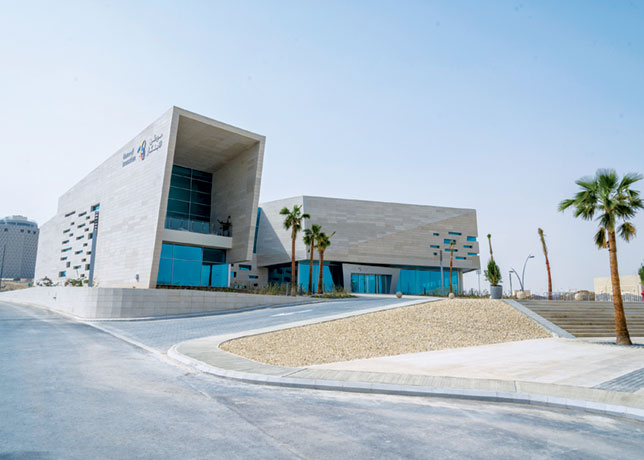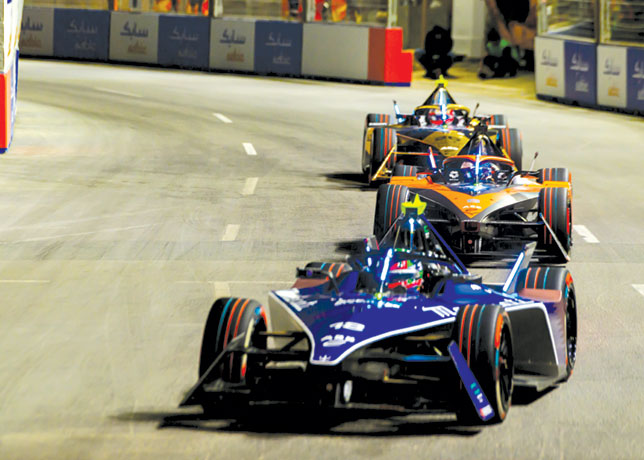
Libya’s crude oil output has fallen to a trickle amid a standoff over export rights that prevented trading giant Glencore from loading a tanker.
Libya’s production was down to 212,000 barrels, after the largest National Oil Corp (NOC) subsidiary, Agoco, was forced to slash output by one-third from southeastern fields, an NOC spokesman in Tripoli said.
The NOC warned that storage tanks at the eastern port of Hariga would fill up in less than three weeks if no oil is exported and that output would fall further. The dispute over exports involves the internationally backed NOC in Tripoli and a parallel version of the NOC created by a rival Libyan government in the east of the country.
The eastern NOC made an unsuccessful bid to export oil last month and has since prevented a tanker from loading at Marsa El-Hariga port for the Tripoli NOC.
Prior to the latest dispute over exports from Hariga, Libya’s oil production had already fallen to less than a quarter of the 1.6 mbpd it was producing before the 2011 uprising that toppled leader Muammar Gaddafi. Production from Agoco’s Messla and Sarir fields has been cut to between 80,000 and 100,000 barrels per day from 230,000, as crude loadings at the Marsa El-Hariga port in eastern Libya remain suspended, a spokesman for Agoco said. The spokesman, Omran Al Zwai, said there were no technical or administrative problems with production at the two fields.
Agoco is mediating indirect negotiations between the two NOCs in an effort to resolve the dispute, a Tripoli NOC official told Reuters.
Exports from Hariga account for three-quarters of Libya’s oil production, and national income would be halved if they were stopped, NOC Tripoli spokesman Mohamed El-Harari said. Some production capacity could be lost permanently if oil from the southeast fields that is high in wax solidifies in pipelines, he added.
The dispute is part of a broader power struggle between factions in eastern and western Libya. The Tripoli NOC is keen to work with a new UN-backed unity government to revive Libya’s oil production, but the government has faced resistance from groups in the east.







